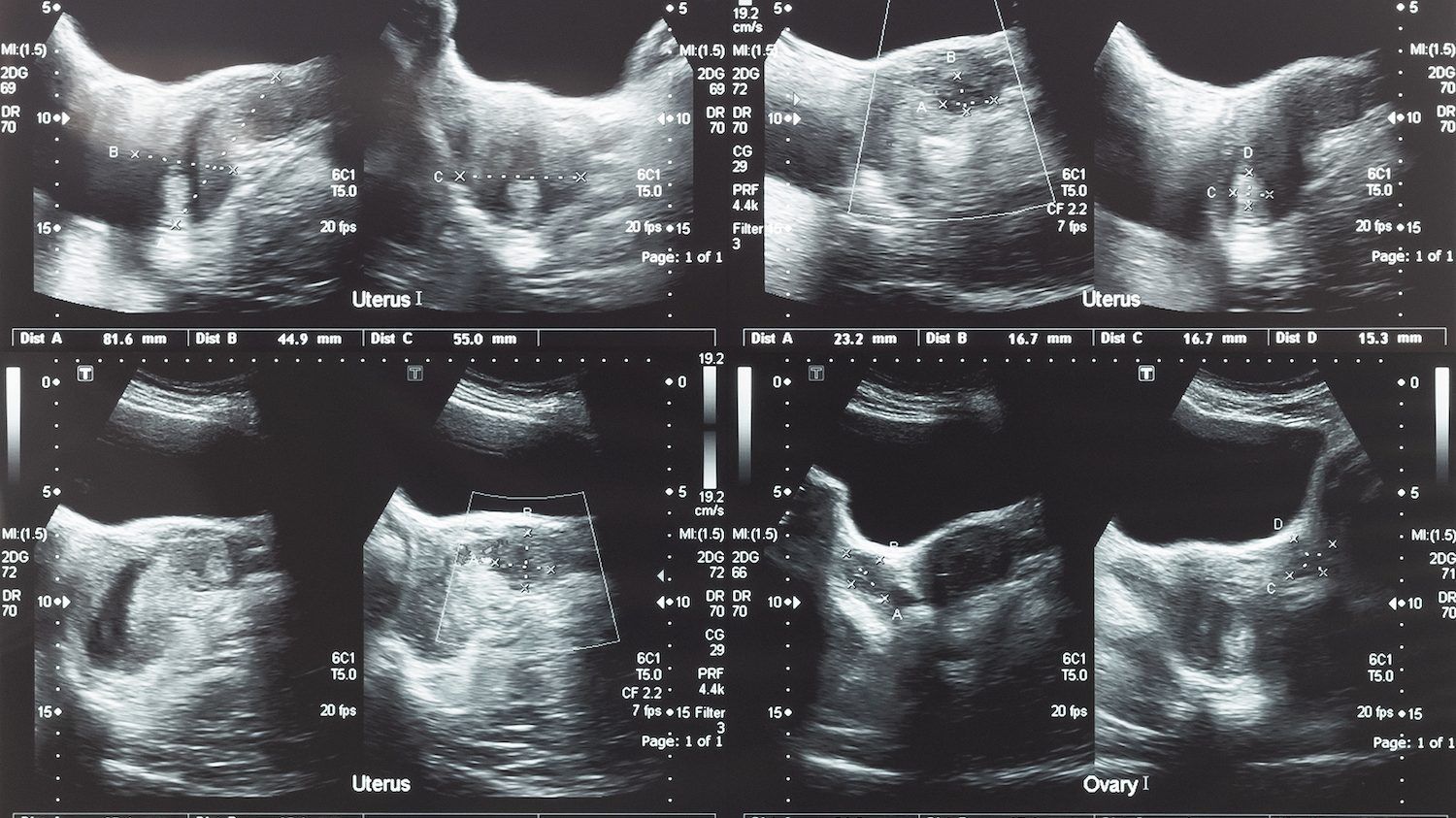hotflash inc: we joke about menopause, but the health risks aren't funny
from frozen shoulder and diabetes to serious cardiovascular issues, menopause symptoms are no laughing matter.
uterine fibroids: do you know the signs?
between 20 and 40 per cent of women in canada have fibroids, but many never experience symptoms.
asking for a friend: 'everything is chaos in perimenopause'
unpleasant body odours are just one sign of perimenopause, says dr. jerilynn prior, who wrote a book exploring why symptoms are often dismissed by doctors.
 4 minute read
4 minute read










